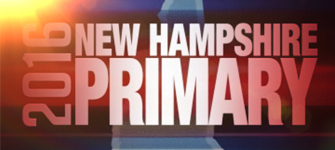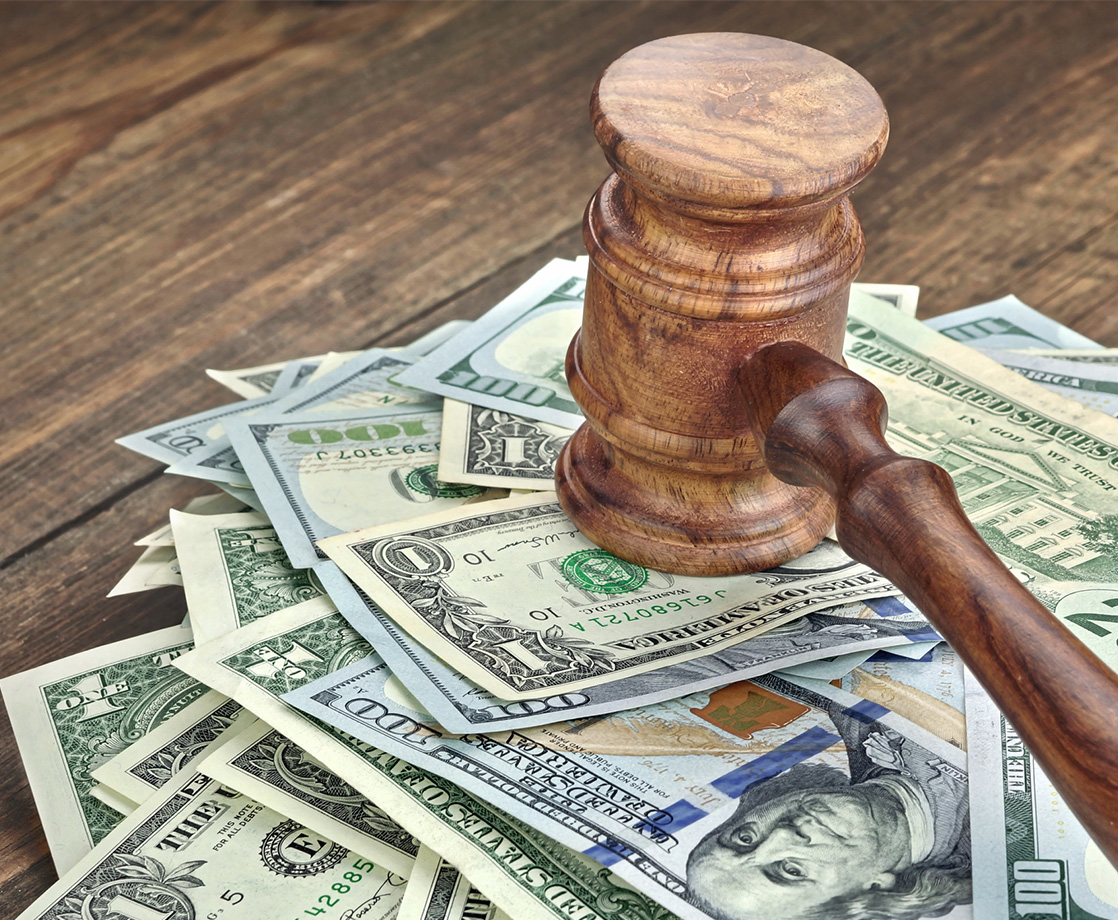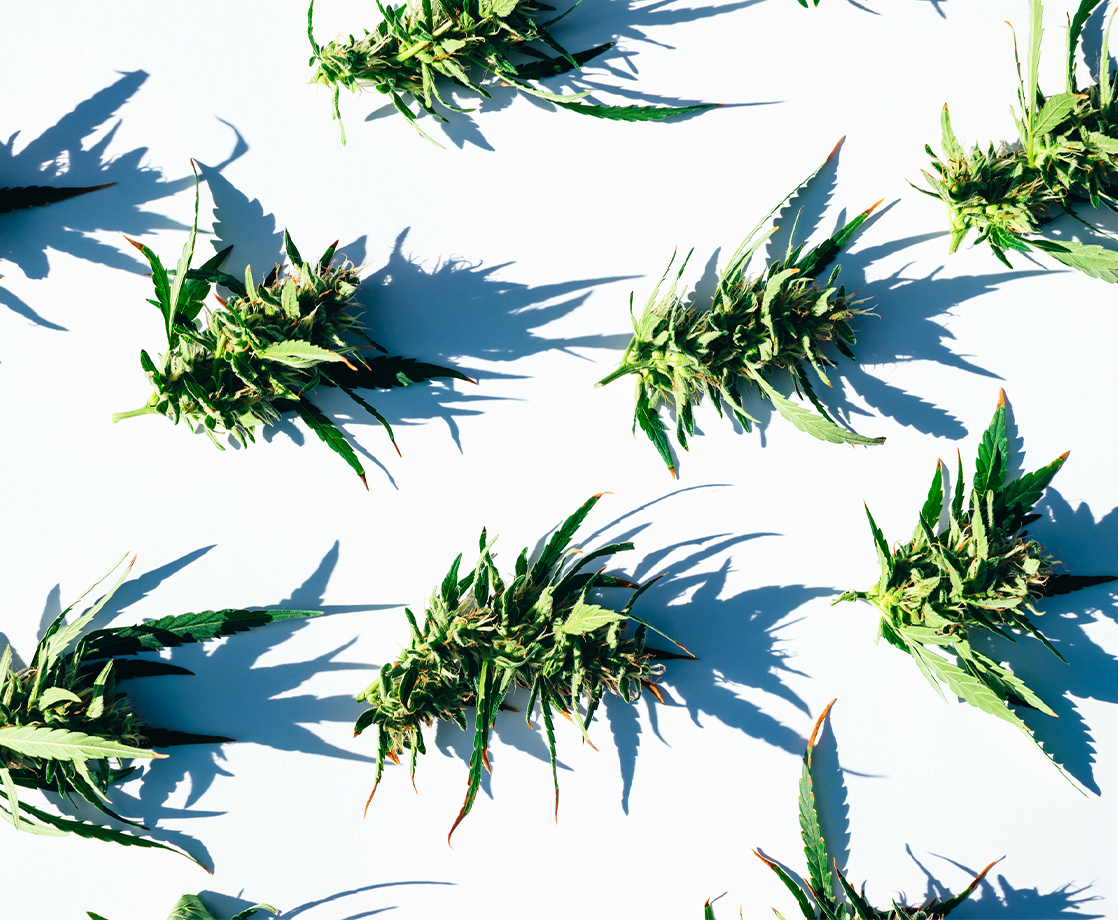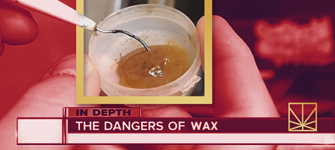With the New Hampshire primaries, both Democratic and Republican, in the bag and winners and losers determined, the fact that 2016 could be a landmark executive election for legalized cannabis seems clearer than ever. With one pro-legalization candidate, one anti-legalization candidate and two candidates sitting on the fence to one degree or another taking the top spots in each party, cannabis’s American future hangs in the balance of this Election Day. Each of the four has his or her own particular way of dealing with the issue of cannabis in our society and how it will be treated in the coming years, and each of the four could feasibly have the power, come next January, to change the result for better or for worse.
Beginning on the republican side, outspoken billionaire and enthusiastic host for a giant parasitic, scalp-based protozoa took 10 delegates and 35.2% of the vote. Though he has been loudly in favor of reactionary dramatics from banning muslim immigration to the much-touted Mexican border wall—an old standby for fearmongering candidates since at least 2000’s electoral debacle—he has been relatively quiet on cannabis. Perhaps his lack of enthusiasm while making party-line statements like suggesting Colorado’s legalization has caused “some big problems” has something to do with the fact that in the 1990s, Trump, then just a know-it-all nepotist real-estate mogul, said legalization was the only way to win the War on Drugs. If he actually gets elected, it doesn’t seem like cannabis will be high on his priority list—at least for now. But that won’t matter for this reporter, who will have been in Canada since the day after the votes came in.
Trump’s runner-up in the Live Free or Die State was a back-from-the-dead John Kasich, by far the most outspokenly anti-cannabis candidate to have performed well in the all-important New England primary. "The problem with marijuana is this," Ohio Gov. John Kasich explained to Stephen Colbert on The Late Show last November, "We don't want to tell our kids 'don't do drugs, but by the way, this one is OK." Colbert’s rebuttal that this is exactly what Americans do with alcohol in no way softened the Ohio Governor’s stance. In fact, he decided to segue directly into a story about a Mississippi hard drug overdose, completely ignoring both the U.S.’s myriad alcohol-related deaths and the lack of any death being caused by cannabis use. If elected, which seems unlikely, Kasich will likely attempt to undo as much of the progress made since 1996 as he can.
On the democratic side, Bernie Sanders took 13 delegates with a resounding 60% of the vote, and is Kasich’s polar opposite on cannabis. His senatorial record shows an unbroken line of support for an end to the war on drugs and the beginning of a legal, regulated cannabis culture in the U.S. He has voted “no” on military border patrols to battle drugs & terrorism as well as mandatory drug tests for government employees. Federal decriminalization would be a priority in a Sanders administration if his rhetoric is to be believed.
Finally, the democratic runner-up was Hillary Clinton. While Clinton has been cautious about advocating legalization, she has been vocal in her support for reclassification of cannabis from schedule 1 to schedule 2. This stance, which would involve the federal government admitting that cannabis has some medical use after nearly 80 years of denial. After rescheduling, federal research would determine the viability of medical legalization. Clinton’s stance allows her to sit on the fence and maintain the support of moderates she desperately needs to defeat Sanders, but only her election would reveal what her ultimate endgame for cannabis might be.











